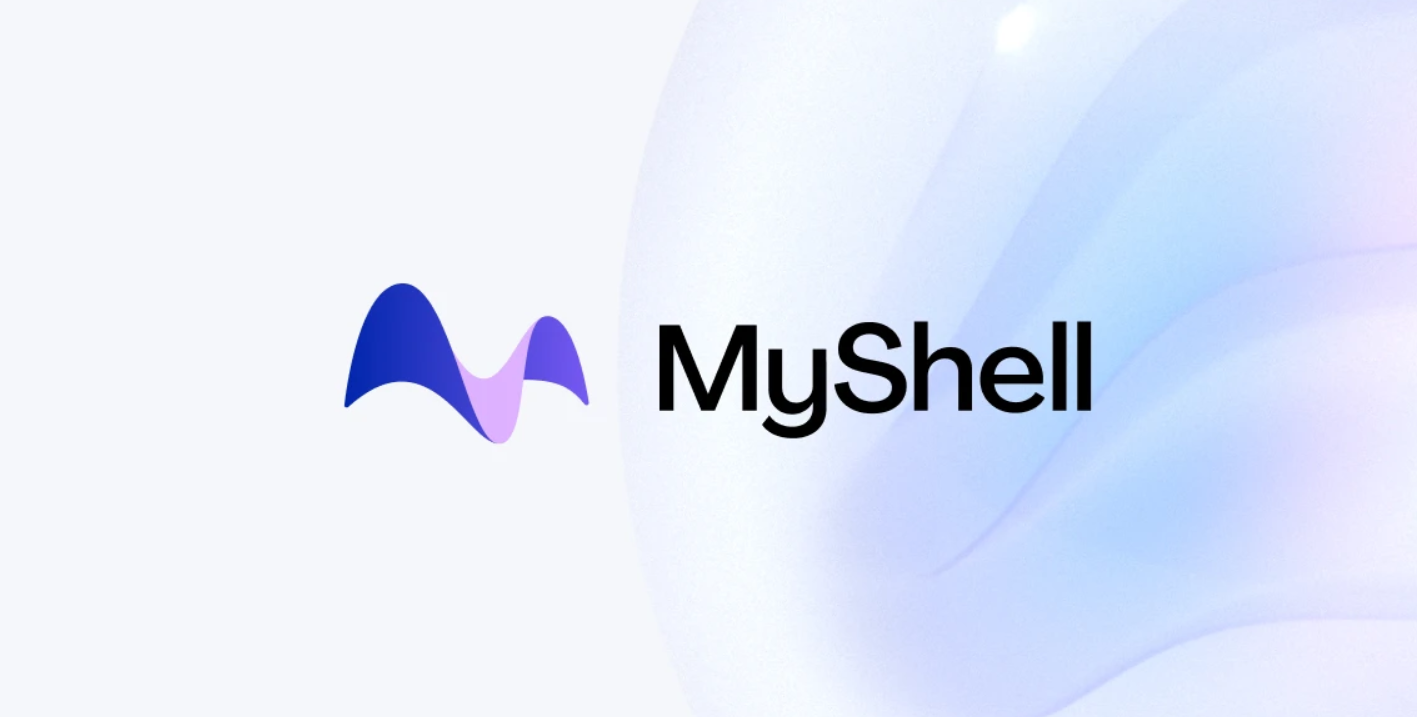As the challenging environment of bear markets continues to erode cumulative volume, new projects are emerging. While reaching billion-dollar valuations is now very difficult, a few projects that have managed to secure investments in bear markets can make a name for themselves in the next bull season. Today, the AI project based on opBNB announced that it has received a $5.6 million investment.
Cryptocurrency Institutional Investment
MyShell, an opBNB-based AI tool provider, announced today that it has completed its seed financing round. The investment round, managed by INCE Capital, included Hashkey Capital, Folius Ventures, SevenX Ventures, OP Crypto, and many other companies. Co-founder Ethan Sun said that with today’s investment, the project’s valuation has reached $57 million.

In early 2023, MyShell, which received a small investment of $200,000 from Sun’s friends and the crypto community, has now reached the capital to prepare for the bull market. We have seen teams that received similar small investments in 2020 achieve massive gains in the bull season.
What is MyShell?
Launched in May, MyShell allows users to create chatbots called “Shells”. The Web3-focused AI project serves both content creators and users. The team, which aims to be an ideal service provider for content, chat, and marketing bots, operates in a very new field.
Sun said that there will be token rewards for both content creators and consumers in the Web3 side. Content creators will receive MyShell’s native token when their content bots gain popularity. This could also be a good alternative in terms of additional income.
According to data published by MyShell, more than 30,000 content creators have used the platform since its launch. It is claimed that the total number of users reached 400,000. Considering the interest of airdrop hunters, we can say that a large portion of this is not organic.
Co-founder Ethan Sun said the following:
“Today, the artificial intelligence environment is struggling with urgent challenges, including lack of transparency, centralization, and misaligned incentives. Our goal is to develop an ecosystem where users truly own what they create and receive fair compensation for their work.”









